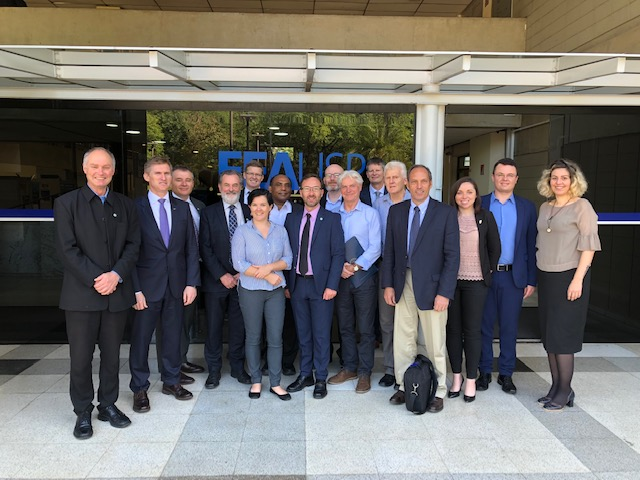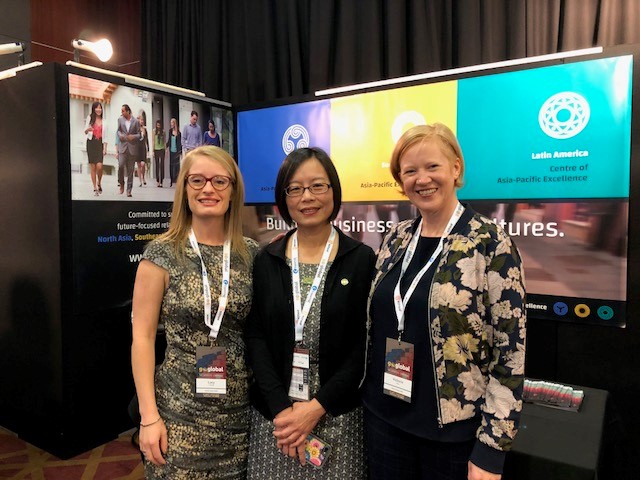This story was published on the Callaghan Innovation website on 18 December 2018.
What do credit cards, universities and unicorns have in common? In Brazil, they’re all linked to moves by corporates to be far more innovative.
Professor Moacir de Miranda Oliveira Junior, head of the business administration department at the University of São Paulo, recently visited New Zealand, and we took the opportunity to talk to him about how his country is embracing successful innovation.
What’s driving commercial innovation in Brazil
Investment by corporates in innovation has been growing rapidly, especially in fast-moving sectors like financial services, despite the country’s economic hiccups.
Professor Moacir says the success of disruptive companies like Nubank has inspired other businesses to innovate. São Paulo-based Nubank’s first product, launched in 2014, was a no-fee credit card, fully managed by a mobile app, which targeted Brazil's vast millennial population. The company passed the 4 million active customer mark in 2017. Other products have followed, like its digital savings account, NuConta. Nubank became one of Brazil’s first unicorns in 2018 with a valuation of more than $US1 billion.
Making collaboration easier
To help meet the growing demand from businesses for support, Professor Moacir helped organise Brazil’s first Science Meets Business event in 2018.
This event, in São Paulo, brought together academics, business and government members to discuss transforming invention into innovation, and how to integrate the innovation generated in academia with business entrepreneurship.
International speakers included Henry Etzkowitz (president of the International Triple Helix Institute) and Barbara Freeman (from University of California and consultant to the World Bank in socio-environmental impact entrepreneurship).
Professor Moacir believes Kiwi businesses could benefit from attending future Science Meets Business events in Brazil, especially in high-demand sectors like AI and fintech.
Links between business and academia
Events like Science Meets Business have helped the University of São Paulo engage their entrepreneurial academics with businesses wanting to innovate.
Professor Moacir acknowledges that not every academic wants to engage with businesses. Therefore, his focus is on entrepreneurial researchers, and his department coaches them in techniques like negotiation and IP management. There is also a substantial focus on making engagements easier between businesses and academics.
Using data insight to generate new business
São Paulo University is only a relatively recent player in the innovation space. To establish credibility and attract interest, Professor Moacir initially highlighted how research projects by his department had helped place the faculty at the centre of new business thinking. Research projects into the specific features of start-ups, business incubators and technological parks in Brazil helped to attract government and business interest.
Common challenges
Despite a huge difference in size, New Zealand and Brazil face some common issues when it comes to innovation, says Professor Moacir. This includes the difficulty of attracting capital for high-risk IP, and different ways of working in academia and business. He sees no quick solutions, but believes the continued promotion of successful, disruptive businesses, and highlighting the new IP emerging from academia, will continue to attract business interest.


